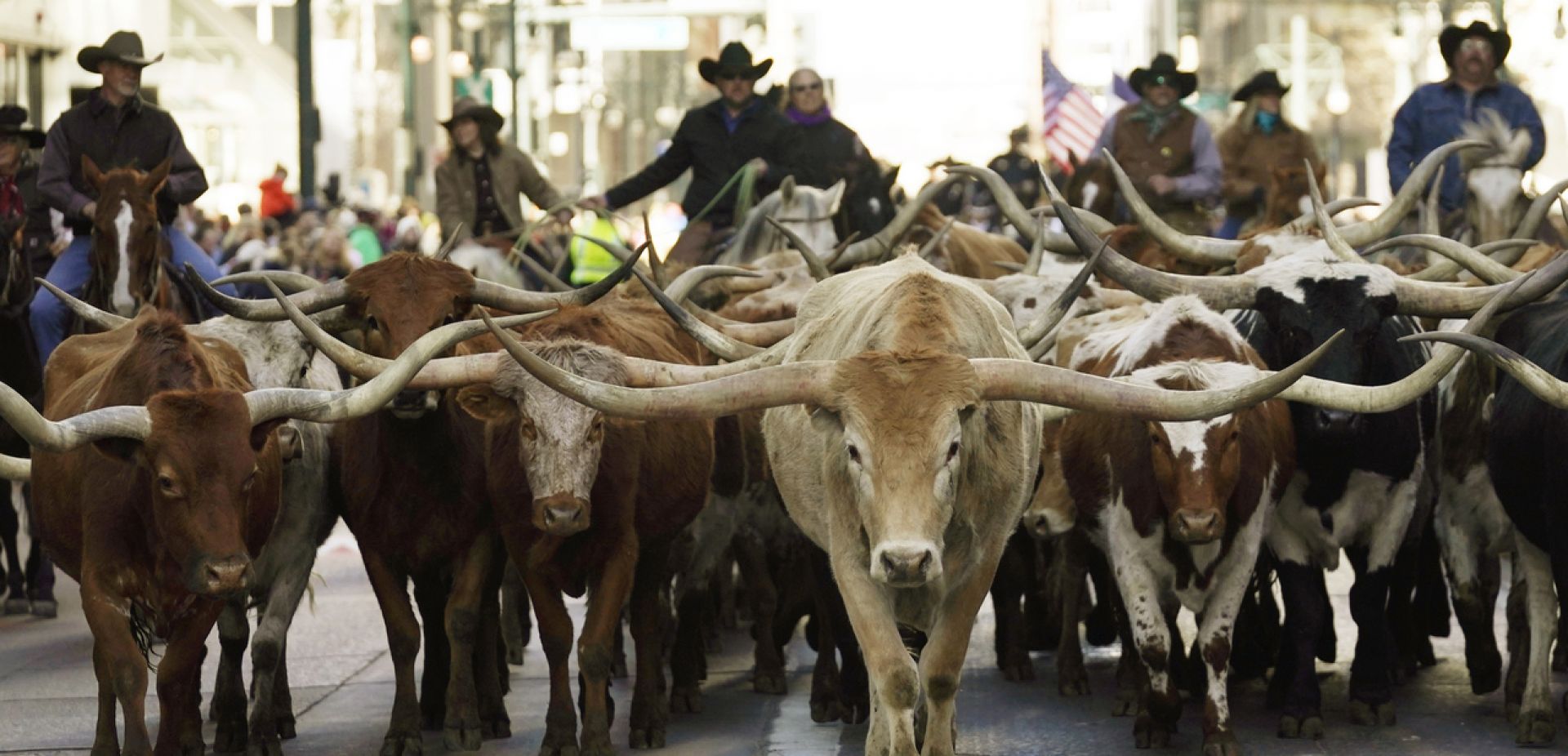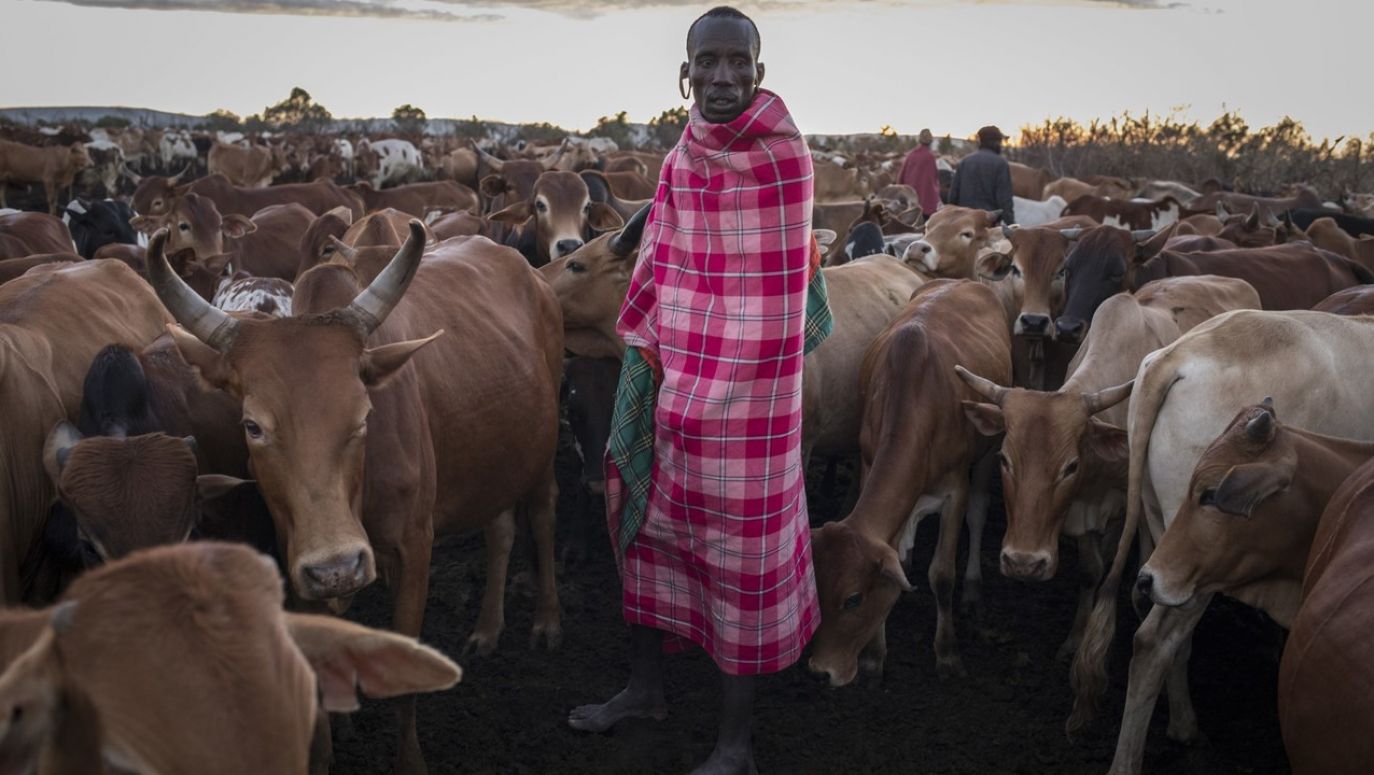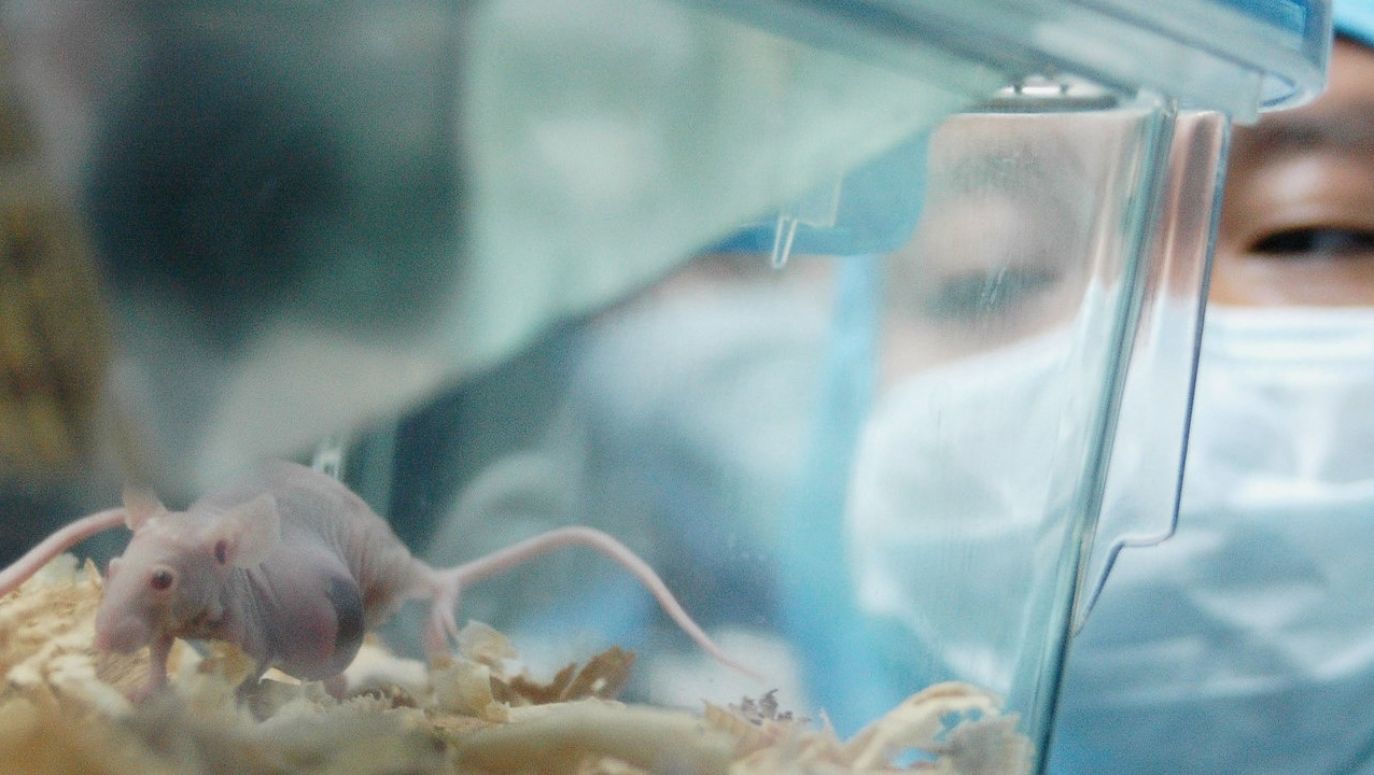How to make a farm animal with properties that are especially valuable to us? Well, we have three options: myths, decades of selective breeding or and genetic engineering.
The Book of Genesis teaches us about the myth. There, the father-in-law promises Jacob every striped lamb or kid. To achieve his aim the patriarch makes the animals mating at the waterhole and look at the stripes. I encourage those who take biblical stories literally to try to grow a new variety in such a way. This would surely cure them of the belief that the Bible always tells the factual truth and is also infallible in biology. Jacob, however, in his work was clever, because he chose white and black animals to mate at the waterhole ...
The second way of creating a novel species has been used by people for years. In every region of the world, wild cattle and sheep were domesticated. Then, over the centuries, animals with desirable characteristics were bred and the so-called “clean” lines were created. This method of obtaining new breeds of cattle must be calculated for decades, although today it is supported by artificial insemination and embryo transfer techniques, which make the whole thing faster and cheaper. For example, you don't have to pay for two animals living on the opposite ends of the world to meet in some cowshed to mate.
 SIGN UP TO OUR PAGE
SIGN UP TO OUR PAGE

Modern technology of genetic engineering has been around for a quarter of a century: CRISPR / Cas9, commonly known as genetic scissors. It has been widely adopted in agriculture, changing the breeding of new varieties of crops and livestock. The technique has already been awarded a Nobel Prize (in chemistry). So we have a way to make any changes we like to the genome. And the challenges are growing. It is no longer about getting even more milk and meat or making wool softer and stronger, but ensuring that crops and livestock survive the looming climate challenge. In the past, it was about frost resistance. Today, we are desperately looking for genes that will make crops and cattle adaptable to temperatures on the other side of the scale. People are trying to change their heat-awerse genes into their thermophilic variants or add new appropriate genes that will do so.
Cows ready for the beach
GMO plants are now the new normal, although many of us still have a problem with them. Therefore, legislation, especially the European one, tries to accommodate the fears of citizens. It is clear to me that if we ingest something, its genes - made up of DNA - are completely digestible and are highly unlikely to mutate us. However, they do constitute a threat to biodiversity, according to prof. Łukasz Łuczaj from the University of Rzeszów with whom I spoke lately. This includes anything from displacing less "perfect" varieties to patenting seeds and creating such that plants grown from them are sterile (to force farmers to buy more from the manufacturer).

 SIGN UP TO OUR PAGE
SIGN UP TO OUR PAGE
 Modern technology of genetic engineering has been around for a quarter of a century: CRISPR / Cas9, commonly known as genetic scissors. It has been widely adopted in agriculture, changing the breeding of new varieties of crops and livestock. The technique has already been awarded a Nobel Prize (in chemistry). So we have a way to make any changes we like to the genome. And the challenges are growing. It is no longer about getting even more milk and meat or making wool softer and stronger, but ensuring that crops and livestock survive the looming climate challenge. In the past, it was about frost resistance. Today, we are desperately looking for genes that will make crops and cattle adaptable to temperatures on the other side of the scale. People are trying to change their heat-awerse genes into their thermophilic variants or add new appropriate genes that will do so.
Modern technology of genetic engineering has been around for a quarter of a century: CRISPR / Cas9, commonly known as genetic scissors. It has been widely adopted in agriculture, changing the breeding of new varieties of crops and livestock. The technique has already been awarded a Nobel Prize (in chemistry). So we have a way to make any changes we like to the genome. And the challenges are growing. It is no longer about getting even more milk and meat or making wool softer and stronger, but ensuring that crops and livestock survive the looming climate challenge. In the past, it was about frost resistance. Today, we are desperately looking for genes that will make crops and cattle adaptable to temperatures on the other side of the scale. People are trying to change their heat-awerse genes into their thermophilic variants or add new appropriate genes that will do so. 






